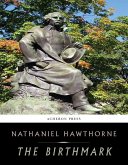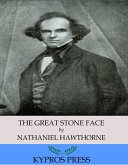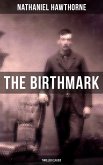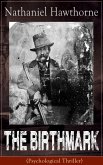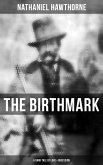Nathaniel Hawthorne's "The Birthmark" is a poignant tale exploring the perils of human obsession with perfection and the consequences of scientific inquiry on a moral and personal level. Set against the backdrop of early American Romanticism, the story employs a rich symbolic style, weaving together the themes of love, ambition, and the inherent flaws of humanity. Hawthorne's prose, notable for its atmospheric detail and psychological depth, invites readers to contemplate the implications of an idealized existence as it follows the tragic pursuit of the protagonist, Aylmer, to erase a birthmark from his wife Georgiana's cheek. Hawthorne, born in 1804 in Salem, Massachusetts, was a keen observer of the complexities of moral existence, heavily influenced by his Puritan ancestry. His experiences with the transcendentalist movement and the scientific advancements of his time sparked a profound interest in the dual nature of humanity-the desire for perfection and the acceptance of inherent imperfections. These philosophical explorations inspired him to craft a narrative that probes the boundaries of love and the cost of ambition through the unsettling lens of obsession. "The Birthmark" is an essential read for those fascinated by the intersection of science and morality, as well as the darker aspects of human nature. Hawthorne's mastery of allegorical storytelling makes this novella not only a compelling narrative but a profound commentary on the quest for perfection that continues to resonate with contemporary readers.
Dieser Download kann aus rechtlichen Gründen nur mit Rechnungsadresse in A, B, BG, CY, CZ, D, DK, EW, E, FIN, F, GR, H, IRL, I, LT, L, LR, M, NL, PL, P, R, S, SLO, SK ausgeliefert werden.




